Quick Reminder!
Don’t forget our NOVELWritingSite Writing Contest deadline is May 1. Check the contest page for details!
And now for our Regularly Scheduled post… 🙂
This is the day Christendom celebrates Good Friday, and in three days (by the traditional Jewish method of counting) we will celebrate Resurrection Sunday or Easter.
I have a confession to make.
The term “Easter” has always bothered me.
The word “Easter” comes from “Ishtar”—a fertility goddess whose celebration in the ancient world fell at about the same time as the death and resurrection of Christ. Linking a pagan celebration featuring eggs, rabbits, and other symbols of spring to the resurrection of Jesus has sometimes seemed to cause cultural confusion. The Christian message can be almost obliterated by secular marketing hype.
BUT I believe that the original intent was to communicate the new and unfamiliar message of salvation and new life in a context that people of that time and place could more easily understand.
For writers who happen to be Believers, our challenge is similar.
Whether we write stories that are overtly “Christian” or whether our worldview subtly infuses our writing simply because of who we are, how can we be “salt and light” in a world where decay and darkness sometimes seem overwhelming?
Exercise:
- Think about why you write. Is there a unifying message that threads its way through every story?
- Who is your audience? If you write to encourage other believers, you may want to target the Christian section of your bookstore. If writing is a form of outreach for you, people who are not necessarily “religious” might be more likely to find your stories in with secular books.
- When you edit your stories, put yourself in the place of your intended reader. Have you addressed issues with respect for their current belief system? Have you avoided offensive stereotypes? Is your manuscript “preachy,” or does it simply present ideas for consideration? Is your story merely a set-up for a sermon, or does it have merit as an engaging read?
- Are your spiritual themes truly scriptural? Are they added as afterthoughts or woven deeply into the story?
- Write deliberately. For some, this means that the gospel is presented clearly in every story. For others the meaning may be more subtle, but it can still be clear. The book of Esther in the Bible contains no direct mention of God, yet who would doubt that the story is “about” Him, nonetheless? C. S. Lewis’s Chronicles of Narnia are examples of contemporary fiction which, while making no overt mention of faith, are inseparable from the Christian worldview of the author.
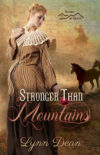
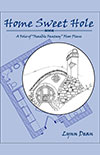

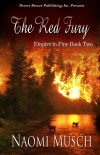
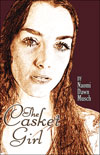
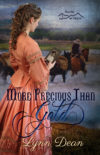
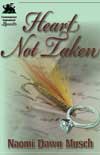

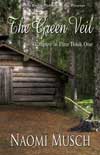







Speak Your Mind
You must be logged in to post a comment.